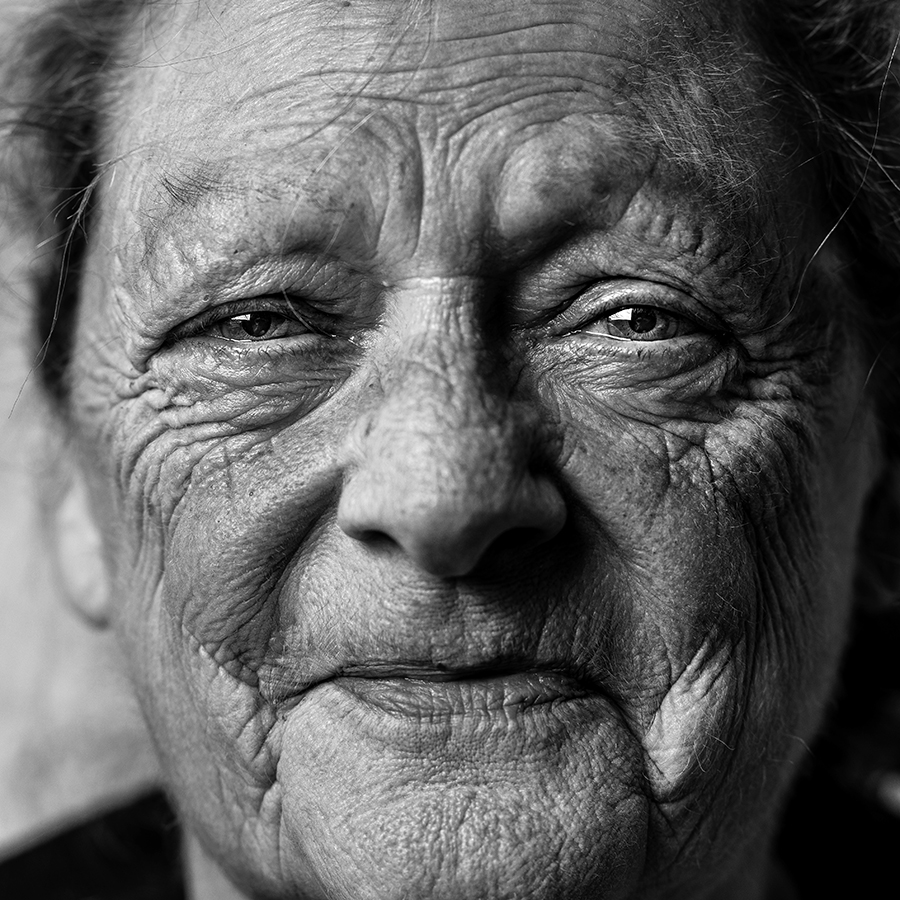
Jack Weinberg, a 1960s UC Berkeley environmental and political activist, coined the phrase, “Don’t trust anyone over thirty.” On November 15, 1964 the San Francisco Chronicle printed an interview with Weinberg.
Jack recalls:
“I was being interviewed by a newspaper reporter, and he was making me very angry. It seemed to me his questions were implying that we were being directed behind the scenes by Communists or some other sinister group. I told him we had a saying in the movement that we don’t trust anybody over thirty. It was a way of telling the guy to back off, that nobody was pulling our strings.”
I wonder what Jack thinks about aging today, fifty-five years after that landmark interview. Nowadays it’s common to hear that sixty is the new forty. Hm, does that make fifty the new thirty?
Maybe so. Ruth Rothfarb was famous for running marathons in her nineties, Ruth famously quipped, “You lose a lot of speed between eighty and ninety.”
Today, eighty seems young compared to ninety or a hundred. In part, I’m sure this is due to advancements in medicine and changes in lifestyle that have kept people healthier as they age. Of one thing we can be sure, there’s been a change in perspective.
I find it heart-rending when my thirty- and forty-something patients throw up their hands and complain that they’re simply getting old and suffering the consequences – nothing they can do about it!
While it’s true that certain physiologic and anatomic issues are more likely to pop up after we reach a certain age, many of the changes we experience after thirty are not age-related at all, but simply or less than optimal lifestyle choices catching up with us.
I’m here to deliver the good news. If there’s one thing my practice has taught me, it’s that we can do a great deal to ameliorate, prevent, or actually reverse the painful changes in body and mind that we associate with aging.
I count among my friends a disproportionate number of family members and patients who are “chronologically advanced,” yet they remain more vital and expansive than people half their age. You know the drill; I won’t belabor you with exhortations to exercise, eat clean, neutralize stress, meditate, cultivate close friendships, and get plenty of sleep.
Still, each of us will someday look in the mirror and see a person whose appearance no longer matches our customary self-image, what to speak of the lively young person who’s still inhabiting that reflected form.
What will we do? We can bemoan and obsess, or we can simply reframe the experience. We can learn that there really is nothing wrong with aging!
Would we give up the joys and sorrows of child-rearing to regain our flat tummies? Would cancer survivors choose to keep their curly locks in exchange for an early death?
Our bodies bear the scars of the journeys we’ve taken. Another image of aging that pleases me is fine wine that becomes deeper, subtler, and more delicious with time.
Some people remain foolish as they age. But the age-related changes in our minds tend to foster an ability to reflect on the past and learn valuable lessons from our victories and defeats, our wise choices and mistakes, our joys and sorrows.

Even as our minds grow less agile, we can delve into the mystery of who we actually are. In my case, as my hair has turned gray, I’ve come to think of myself and my elderly friends as beings of boundless energy who happen to be inhabiting a physical body for a short while. As a Tibetan Buddhist teacher said, “We think of these lives as separate, but they are not separate. They are one life.” We have returned many times and learned many valuable lessons.
I would not trade that precious wisdom for the ignorance of a child, or the blind arrogance of youth. Aging with grace and style includes letting our own nature teach us to embrace the changes. I pray that all of us will have the wisdom to cooperate with nature’s autumnal process as it gently coaxes us to loosen our identification with this evanescent body and begin to identify with our spiritual self.
Nature encourages and helps us as we age – our own nature helps us recognize that our lives are part of a whole process in which every stage is valuable for its unique gifts.
